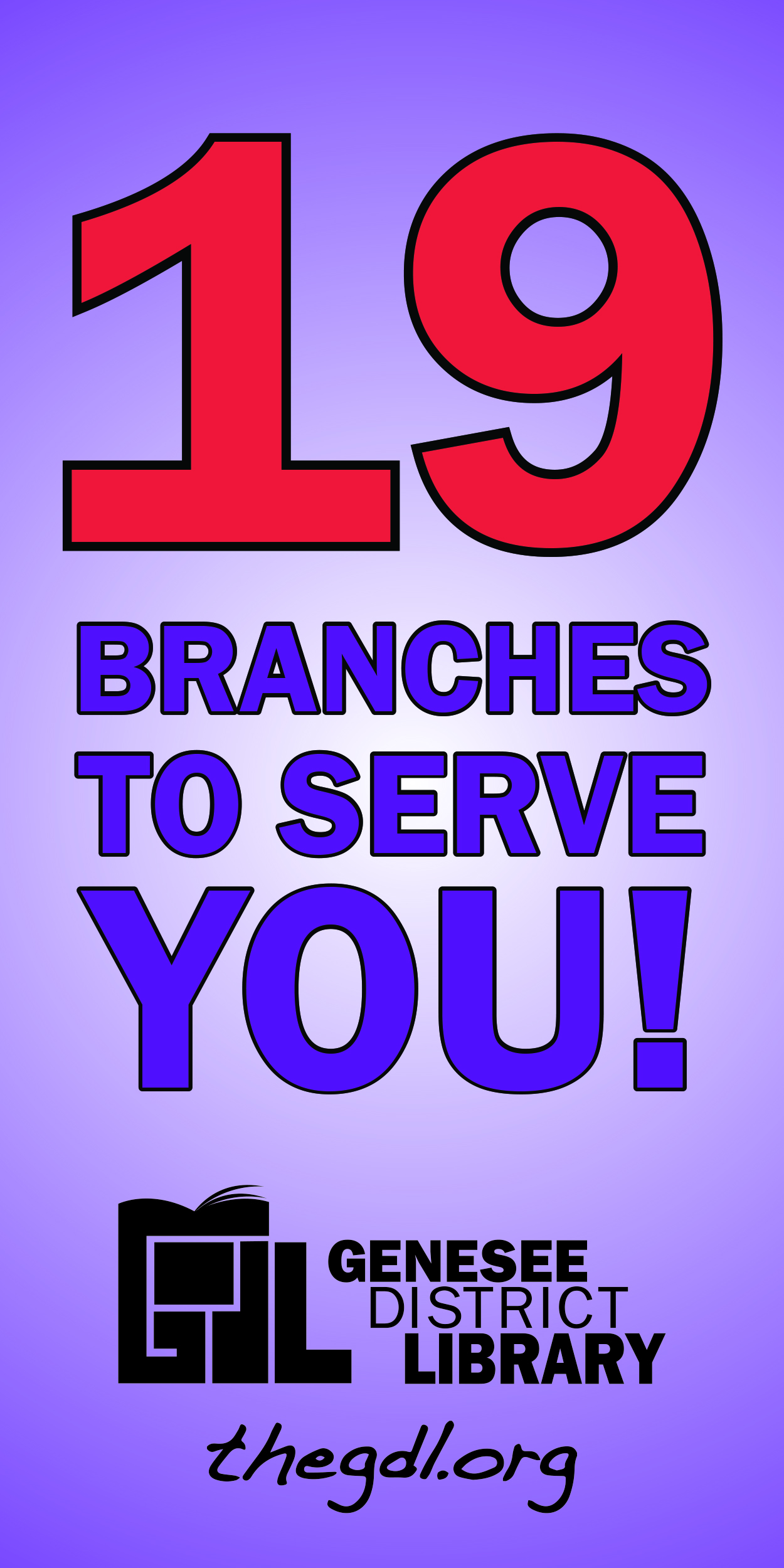Imagine going to your job each day not knowing what challenges and tasks await you. Then, coming back to work the next day will likely be totally different for you.
That’s the life of a first responder – whether they work in a metro area such as Flint or out in a rural region with cows, farms, spotty internet and dirt roads.
The first 25-plus years of my career were spent in the Mid-Michigan newspaper and media business. One of the big lessons I learned in reporting news is how greatly I respect two groups of people in particular: teachers and first responders.
Whether they’re police officers, firefighters, emergency medical technicians, hospital ER staffers, law enforcement dispatchers, military or public utility workers – no first responder really knows what is facing him or her … on any given work day.
Think of it: first responders could be asked to: put out a house fire; stop a bleeding wound to stabilize an accident victim to take him or her to a hospital; console a depressed phone caller while giving positive emotional support; move a downed electrical wire off a busy roadway during a storm; stop a sewer line break before it floods an entire neighborhood, or even face a person with a weapon barricaded in a building.
These are just some of the possible situations facing this special group of people, who otherwise are much like you and me. Some challenges are easy to handle, like getting a scared family cat down out of a tree. Many others are not.
That’s why so many first responders must cope with the cumulative toll of exposure to uncertainty and trauma. An abnormally large amount of mental health challenges must be dealt with. Workers never know which of their skills and training will work best to fix and solve whatever they’re facing.
In my news reporting years, I often listened to first responders calmly retell how they handled bloody, dangerous or disgusting jobs. And then, they would move on to their next challenge when the alarm goes off, sometimes facing tasks more horrific than the last one. I have nothing but great respect for all first responders, and they deserve the salutes they are receiving elsewhere in this issue.
Late one dark night long ago, I grabbed my newspaper camera to follow an ambulance. At full speed, a car had hit a train freight car on a country road. There was no chance the lone driver had survived. I watched the first responders slowly pry their way into the mangled vehicle, and I held open what was left of the door as they removed his body.
I didn’t recognize the driver as he was respectfully laid on the stretcher. After snapping accident photos for publication, I went back home to bed. Later that morning, I learned that I was friends with the driver — but hadn’t recognized him, due to the extent of his injuries.
That image has stayed with me more than 40 years — and first responders might see that every day.
So, as these September days grow shorter, we proudly salute first responders — because they deserve such acknowledgement and our thanks. And just like our teachers all over America, I couldn’t (and wouldn’t) do what first responders do with grace, experience and quick, decisive action.
First responders deserve being thanked in a bright spotlight every day. We truly need them, and they’ve earned our respect.






































